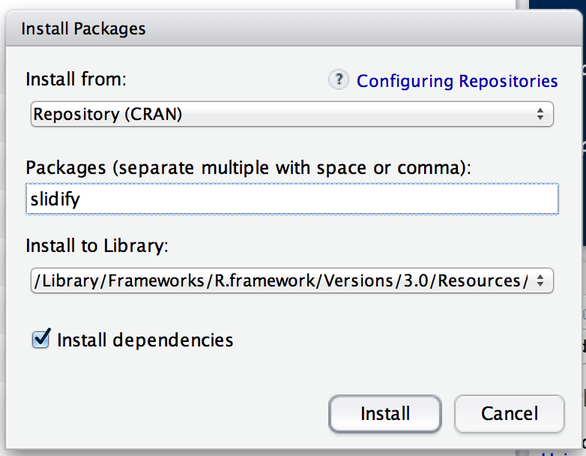

Sometimes it is useful to call update with only one argument, for example if the data frame has been corrected. Be aware that if you select all packages, this may take some time and you will be unable to use R whilst the process completes. A dialogue box will appear and you can select the packages you wish to update. It does this by extracting the call stored in the object, updating the call and (by default) evaluating that call. To update multiple packages, or indeed all packages, RStudio provides helpful tools. Your mileage may vary though if some of your packages were removed from CRAN in the meantime or if you use other repos like, for example, Bioconductor. update will update and (by default) re-fit a model.

# 2 hadley/emo Easily insert emoji into R and… …Ĭheck if this grabbed the correct ones, then you can install them using remotes::install_github(gh_pkgs$pkg_name).įor me, that was it. # 1 quanteda/quanteda.… quanteda textmodel extensions … …

But there is an easy way to solve this.Īfter you made the update, first get your old packages: old_packages % This can be rather cumbersome if you have collected a large number of packages on your machine while using R 3.6.x and you don’t want to spend the next weeks running into Error in library(x) : there is no package called ‘x’ errors. The second news that caught my eye was that all packages need to be reinstalled under the new version. Among the many news two stand out for me: First, R now uses stringsAsFactors = FALSE by default, which is especially welcome when reading in data (e.g., via read.csv) and when constructing ames.


 0 kommentar(er)
0 kommentar(er)
